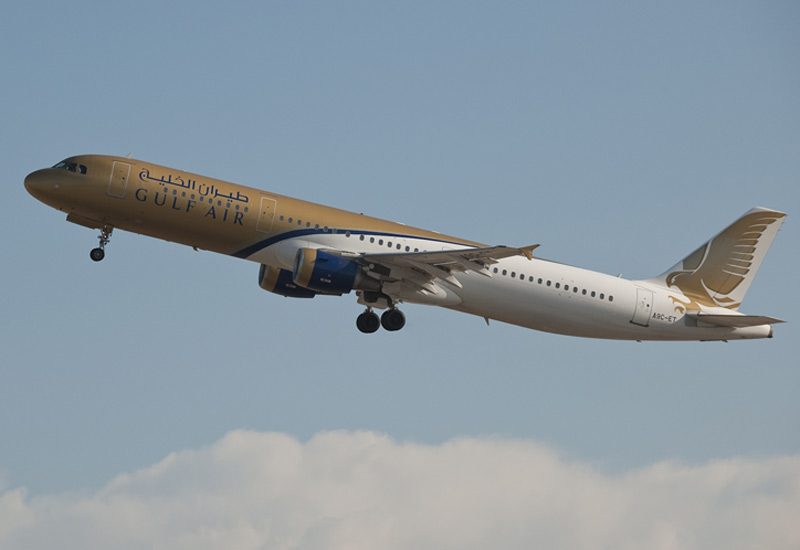Gulf Air, the national carrier of Bahrain, will not make its target to break-even by 2012 and has not ruled out further staff redundancies, the airline’s CEO said.
“We basically set a deadline of 2012 to create a dynamic, commercially sustainable business… However, due to recent events, leading to the loss of passengers in and out of Bahrain, meeting the financial targets will be a challenge,” Samer Majali, CEO of Gulf Air, told Aviation Business magazine, as the carrier struggles to recover from the impact of the political unrest which has engulfed the country.
“There will probably be a slight delay... We will probably allow for a three-to-six month delay in completing the [financial] strategy – nothing too major. I assume the breakeven will hopefully be achieved in early 2013 or the middle of 2013,” he added.

| Advertisement |
As a result of the impact of the global financial crisis, which led to a downturn in the aviation sector, the carrier suffered financially and was in the process of a three-year restructuring plan, which was on course to see it breakeven by the end of next year.
However, the outbreak of political unrest in the Gulf state saw nearly 30 protestors killed and martial law declared in March. The carrier was forced to suspend flights to Iran, Iraq and Lebanon and issue refunds when the Bahrain Formula One Grand Prix was also postponed. As a result, passenger bookings in the first five months of 2011 dropped by around 25 percent.
As a result of the cost cutting initiatives, staff redundancies were also unavoidable.
“Around 1500 staff were dropped in the space of 18-20 months,” Majali is quoted as saying. He also did not rule out further possible staff cuts: “The manpower situation will continue to be watched closely to fine-tune our resource allocation. Of course, our priority will always be retaining the best and most productive talent, safeguarding the jobs of employees that work hard to ensure our long-term success. Looking ahead, there will not be major redundancies as before.”
Despite its financial troubles, Majali was confident he can turnaround the airlines fortunes and is planning to increase its fleet of aircraft and expand its route network.
“As part of a pilot project, we have leased two Embraer 170 Advanced Range (AR) jets, which are configured in dual-class layout. This has proved such a success that we are planning to introduce around 10 regional jets into our fleet, which could be Embraer, Airbus or Bombardier,” Majali said, with an order expected to be confirmed at the Bahrain Air Show in January next year.
In terms of its route network, Majali said Gulf Air was aiming “to serve the kingdom with higher frequency, non-stop services to more destinations within a three-hour radius.
“Ultimately we want to serve every capital and major city in the Middle East with at least a double daily service,” he added.









 Search our database of more than 2,700 industry companies
Search our database of more than 2,700 industry companies









